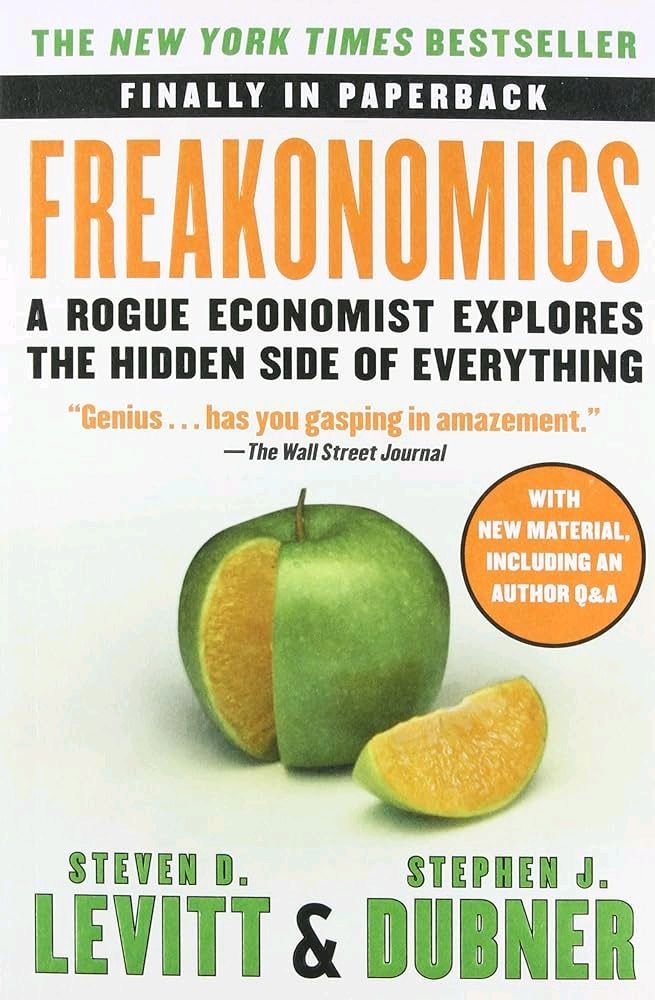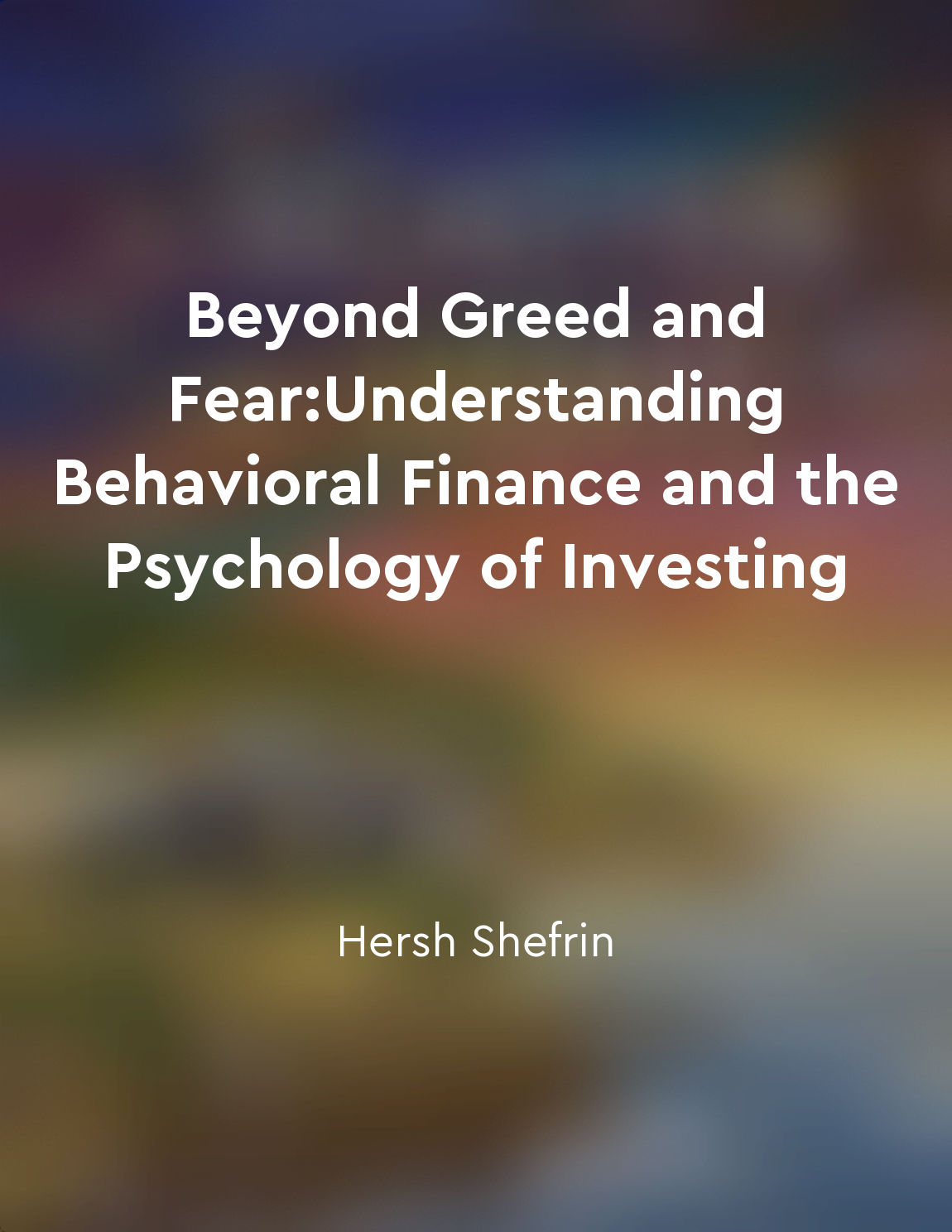Rationality involves maximizing expected utility from "summary" of The Nature of Rationality by Robert Nozick
The rationality of an individual can be understood through the lens of expected utility maximization. This concept posits that rational agents will make decisions based on the expected utility, or value, of an action. In other words, individuals will weigh the potential outcomes of a decision and choose the option that maximizes their expected utility. Expected utility is calculated by multiplying the utility, or value, of each possible outcome by the probability of that outcome occurring. This allows individuals to consider both the potential benefits and risks of a decision in a systematic way. By maximizing expected utility, rational agents can make informed choices that align with their preferences and goals. This framework of rationality is based on the idea that individuals have consistent preferences and make decisions based on those preferences. It also assumes that individuals have access to relevant information and are able to calculate the expected utility of different options. While expected utility maximization provides a useful framework for understanding rational decision-making, it is important to note that individuals may face limitations in their ability to calculate probabilities or assess outcomes accurately. Additionally, individuals may have conflicting preferences or goals that complicate the decision-making process. Despite these challenges, the concept of maximizing expected utility remains a powerful tool for analyzing rational behavior. By considering the potential outcomes of a decision and weighing them based on their utility and probability, individuals can make choices that are in line with their values and objectives.Similar Posts
Practice mindfulness to improve clarity of thought
Mindfulness is a powerful tool for improving the clarity of your thoughts. By practicing mindfulness, you can train your mind t...
Seek feedback from others to gain new perspectives
In order to broaden our understanding and gain new insights, it is essential to seek feedback from others. This practice allows...

Embrace curiosity and skepticism
Curiosity and skepticism are essential qualities for those who want to uncover the truth about the world around them. In order ...
Develop resilience and perseverance
To succeed in business, you must possess the ability to bounce back from setbacks and keep pushing forward despite challenges. ...

Selfawareness is the first step to combating brain tricks
To combat the brain's devious tricks, one must first become self-aware. This means recognizing when these tricks are occurring ...
Intuition is a valuable asset in decisionmaking
Intuition plays a crucial role in our decision-making process. It serves as a valuable asset that often goes underappreciated o...
Surrounding oneself with likeminded individuals can be beneficial
Surrounding oneself with likeminded individuals is crucial in the pursuit of success. This concept is deeply rooted in the idea...

Representativeness bias leads to stereotyping
Representativeness bias is a cognitive shortcut that leads us to make judgments based on how closely an object or event resembl...

Investors tend to exhibit confirmation bias
Investors have a natural tendency to seek out information that confirms their pre-existing beliefs. This means that they pay mo...

Interest rates impact borrowing and spending decisions
Interest rates play a critical role in influencing individuals' and businesses' borrowing and spending decisions. When interest...

